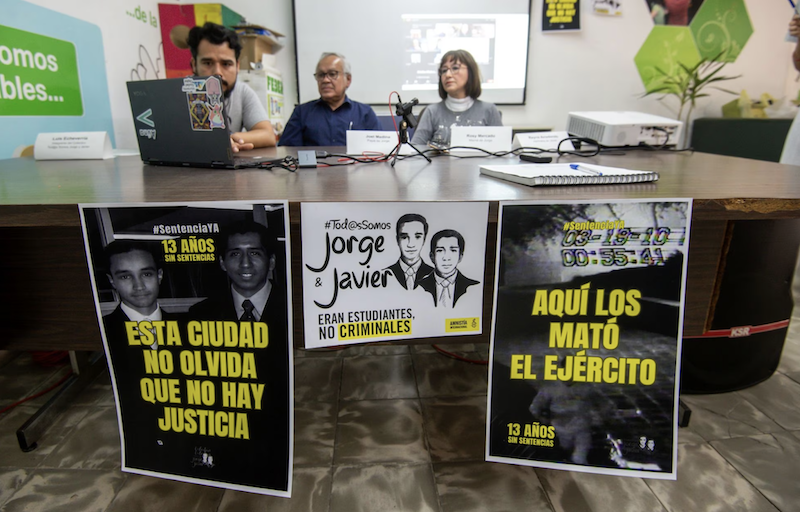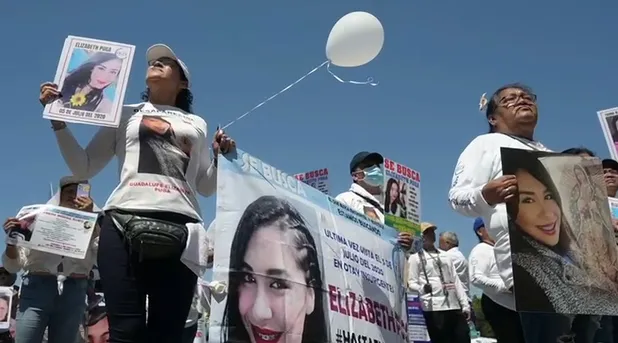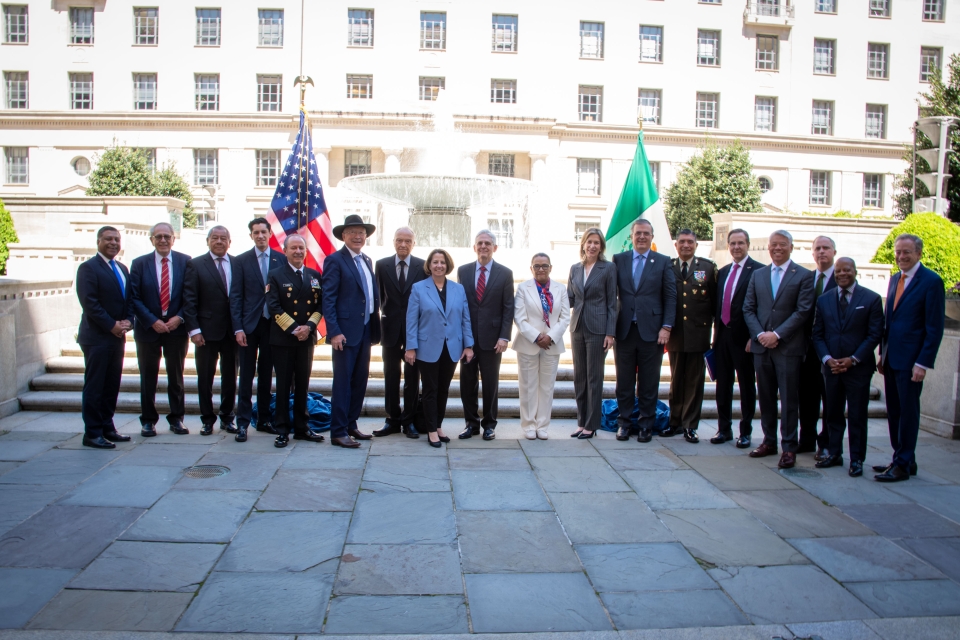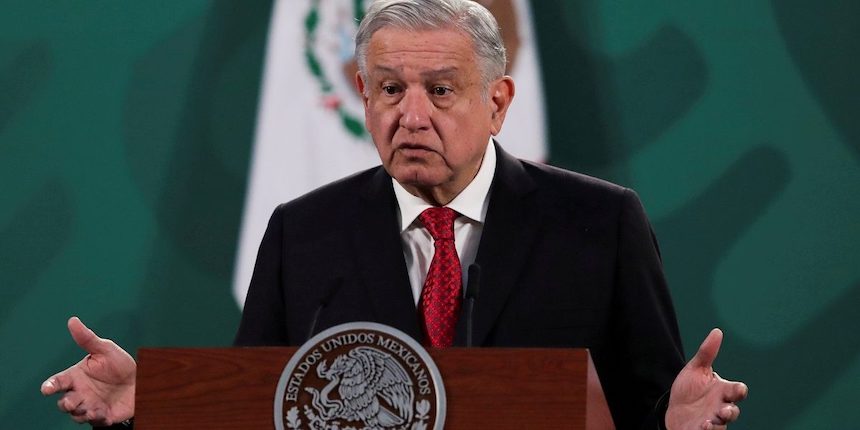
05/30/14 (written by cmolzahn) — Experts and civil society organizations are lauding the recent Senate process for electing the seven new commissioners of Mexico’s Federal Institute of Access to Information and Protection of Personal Data (Instituto Federal de Acceso a la Información y Protección de Datos Personales, IFAI) for its transparency and innovation, although some have expressed regret that the Senate left out candidates with experience within the organization. Nevertheless, most agree that the new commissioners are professionals, with extensive knowledge of the field. They mark the first commissioners elected under the new transparency law passed in the Mexican Congress last year, which expanded the IFAI’s reach and autonomy, increased the number of commissioners from five to seven, and changed the process for appointing commissioners. Previously, they had been nominated by the president and confirmed in the Senate. Under the recent reforms, applicants are selected in Senate committees, followed by a floor vote in which two thirds must approve a candidate. The candidates were approved on April 30, and President Enrique Peña Nieto did not object to any of them.
The seven commissioners were selected from a pool of 147 applicants, and all but one—Rosendoevgueni Monterrey Chepov—were included in the list of 25 recommended applicants submitted to the Senate by a committee of experts in the area of transparency. Francisco Javier Acuña Llamas, who will be in his position until 2023, was information, documentation, and transparency coordinator for the Electoral Tribunal of the Federal Judicial Power (Tribunal Electoral del Poder Judicial de la Federación), and has also served on the faculties of Buenos Aires University in Argentina, Paraguay’s National Eastern University (Universidad Nacional del Este de Paraguay), and Peru’s Electoral and Government School (Escuela Electoral y de Gobierno de Perú), as well as the law program at Mexico’s National Autonomous University (Universidad Nacional Autónoma de México, UNAM).
The election of Monterrey Chepov drew the most criticism, as he was not on the expert committee’s list of 25 recommended candidates, and senators from the National Action Party (Partido de Acción Nacional, PAN) and the Party of the Democratic Revolution (Partido de la Revolución Democrática, PRD) claim that the Institutional Revolutionary Party (Partido Revolucionario Institucional, PRI) backed him because of his supposed close ties with President Enrique Peña Nieto. Monterrey Chepov served as commissioner and president of the State of Mexico’s (Estado de México, Edomex) local transparency institute while Peña Nieto was governor of that state. He had previously worked in Edomex’s treasury ministry as transparency and public information coordinator in the Federal Electoral Institute (Instituto Federal Electoral, IFE), and as technical secretary of the National Institute of Historic Studies of Mexican Revolutions (Instituto Nacional de Estudios Históricos de las Revoluciones de México, INEHRM). Until his appointment to the IFAI, he was an economist at the University of the Valley of Mexico (Universidad del Valle de México, UVM). Óscar Mauricio Guerra Ford, who was mentioned in Senate committees as being one of the most qualified candidates, had served as president of the Federal District’s (Distrito Federal, DF) transparency institute (InfoDF) since 2006. He was also an economics professor at UNAM, as well as assistant director of the UNAM Foundation (Fundación UNAM). Both Guerra Ford and Monterrey Chepov will serve in their posts until 2022.
Meanwhile, María Patricia Kurczyn Villalobos and Joel Salas Suárez will both be in their posts until 2020. Kurczyn Villalobos has experience primarily in academia as a researcher in UNAM’s Legal Investigations Institute (Instituto de Investigaciones Jurídicas, IIJ), where she specialized in labor law, human rights, and gender equality issues. She is also a member of the Mexican Bar association and the Attorneys’ College (Colegio de Abogados), one of Mexico’s primary legal associations. Salas Suárez was head of the Transparency and International Cooperation Policies Unit (Unidad de Políticas de Transparencia y Cooperación Internacional) of the government’s anti-corruption agency (Secretaría de la Función Pública, SFP), among other positions in the same agency.
The final two commissioners are Ximena Puente de la Mora and Areli Cano Guadiana, both of whom will serve until 2018. Before her appointment as IFAI commissioner, Puente de la Mora served as commissioner of Colima’s transparency institute (Infocol), and previously had worked primarily in academia, as a law professor at the University of Colima, as well as working as an investigator in various U.S. and German academic institutions. Cano Guadiana served as director of Transparency, Services and Procedures (Transparencia, Servicios y Trámites) in the Miguel Hidalgo delegation in the Federal District. From 2006 to 2012, she was a commissioner for InfoDF.
The expert committee’s list of recommended applicants included several current IFAI officials, though none were ultimately selected. This drew criticism from the committee, which said that the Senate was ignoring the importance of establishing some continuity during a time of transition for the agency. It will now be up to the seven newly appointed commissioners to select who will be the agency’s president by means of a secret vote.
Sources:
Morales, Alberto. “Elogian expertos elección de comisionados del IFAI.” El Universal. May 2, 2014.




